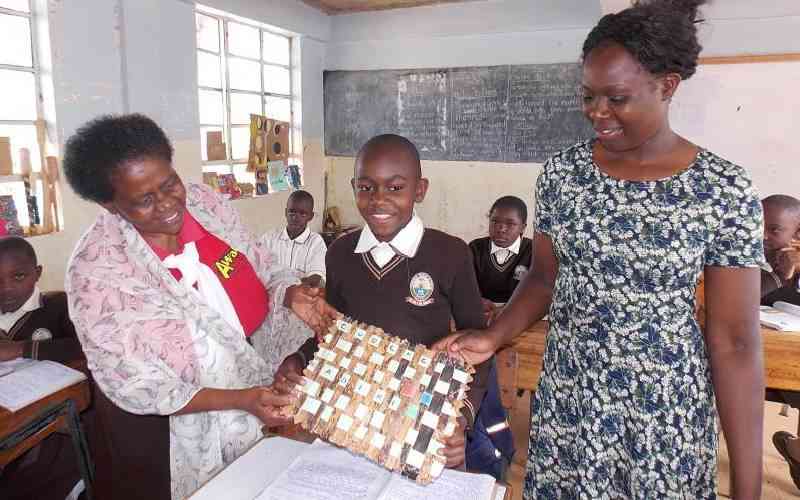×
The Standard e-Paper
Join Thousands Daily

The visit by President William Ruto to Igembe in Meru County recently was significant for the competency-based curriculum (CBC) and in particular the Junior Secondary School (JSS) programme.
The need to have adequate resources, especially in terms of human capital to make CBC successful cannot be gainsaid. The government's decision to hire an additional 20,000 teachers, in addition to the 56,000 hired last year, is a timely move to support the success of this programme.